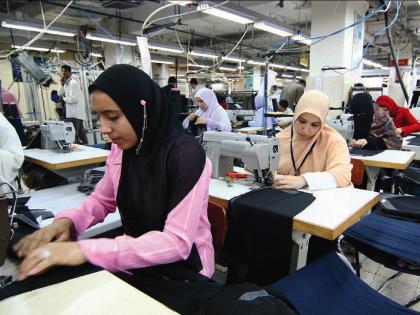Women are underrepresented in academic science and engineering, according to a report issued in September by the National Academies, not because of a lack of talent or other intrinsic factors, but because of unintentional biases and outmoded institutional structures that hinder their advancement. The report, Beyond Bias and Barriers (http://newton.nap.edu/catalog/11741.html#toc), advocated changes in hiring, evaluation, and promotion processes, and support for faculty members who have family caregiving responsibilitiesrecommendations consistent with those of Harvards Office of Faculty Development and Diversity (see Developing a Diverse Faculty, September-October, page 76). Among members of the committee that produced the report were Harvard Corporation member Nannerl O. Keohane, president emerita of Duke University and Wellesley College; Higgins professor of natural sciences Barbara J. Grosz, who is also dean of science at the Radcliffe Institute; and Berkman professor of psychology Elizabeth Spelke.
Consistent with that finding, a separate study revealed that women in academic life sciences are far less likely than men in the same field to patent discoveriesan important precursor to commercialization. So concluded Waverly W. Ding (Haas School of Business, University of California, Berkeley), Fiona Murray (MIT Sloan School of Management), and M.B.A. Class of 1975 visiting professor of business administration Toby E. Stuart, in research published in the August 4 issue of Science. The authors found that male academic scientists have richer networks of colleagues and industry collaborators, and that women scientists gain patents at only 0.4 times the rate of their equivalent male peers. Collegial support and institutional assistance, they found, helped encourage women to seek more patents. The gap, the researchers also noted, is narrowing as younger women build more robust networks that lead to commercial connections for their work.
 |  |  |
| Nannerl O. Keohane | Barbara J. Grosz | Elizabeth Spelke |
| Photographs by Stephanie Mitchell and Rose Lincoln / Harvard News Office | ||






